
Chinese Ambassador to the U.S. Qin Gang. (Photo provided to chinadaily.com.cn)
Qin Gang encourages U.S., China to think about changes brought by Ukraine crisis
China and the U.S. should find a common ground in ending the Ukraine crisis and seriously think about the changes brought by the crisis, Chinese ambassador to the U.S. Qin Gang said.
"While working to end this conflict, we must also give some serious thought to the changes brought by the crisis and the path forward in its aftermath," Qin wrote in an article entitled The Ukraine Crisis and Its Aftermath published by The National Interest on Monday.
Qin said lessons must be learned, stressing that the U.S. and China should "seek maximum common ground in addressing the cooling of the international political climate".
The envoy urged to end the Ukraine crisis immediately saying that "one more minute the conflict lasts means one more hardship for the 43 million Ukrainian people".
The envoy reiterated China's stance on Ukraine crisis: China supports all efforts in delivering a ceasefire and relieving the humanitarian crisis, and will continue to play a vital role until the end.
According to Qin, Europe was the focus of all the pressure in the crisis. The prospects of Europe's stability and prosperity were damaged overnight and replaced by huge uncertainties.
"To reverse this situation, there must be not only an end to this war, but also a fundamental answer to lasting peace and stability in Europe, and a balanced, effective, and sustainable philosophy and architecture for its security," Qin said.
"The contrasting shifts over the 30 years on the two ends of the Eurasian continent should shed some light on how security can be ensured for Europe and the world … As is shown by history, different choices lead to different outcomes," he added.
Qin said the unfolding of Ukraine crisis has also put U.S. ties with Russia and China to a test. He wrote that thirty years after Russian then-president Boris Yeltsin paid his first visit to the U.S. and China following the Soviet disintegration, the China-Russia ties has made great progress, "but it is still based on non-alliance, non-confrontation, and non-targeting of third countries".
"China has been and will remain an independent country that decides its position according to the merits of each matter, immune from external pressure or interference. The claims about China's prior knowledge of Russia's military action or China providing military aid to Russia are pure disinformation," Qin said.
"At the same time, U.S.-Russia relations are sliding into a new Cold War, which is not in the interest of either China, the United States, or Russia, and is not what China wants to see. After all, a worse Russia-U.S. relationship does not mean a better China-U.S. relationship, and likewise, a worse China-Russia relationship does not mean a better U.S.-Russia relationship either. More importantly, if the China-U.S. relationship is messed up, that does not augur well for Russia-U.S. relations or the world."
Qin condemned some people's rhetoric and actions targeting China around the Ukraine crisis.
"Disturbingly, as the crisis continues, some people are wielding the stick of sanctions against China to coerce the renunciation of its independent foreign policy of peace. Some are clamoring about a 'Beijing-Moscow Axis' in a dangerous misinterpretation of China-Russia relations, asking China to bear responsibility for the crisis. Some are linking Taiwan to Ukraine and playing up the risks of a conflict across the Taiwan Straits. Still others, for all the lessons that should be learned, are fanning up misunderstanding, confrontation, and insecurity in Asia-Pacific, without a modicum of care if this region might follow in the footsteps of Europe. These words and actions are not helpful to resolving the crisis or ensuring the stability of China-U.S. relations. Dragging everyone down does no good to our future generations," Qin wrote.
Qin mentioned that Ukraine knows best how the postwar international system was all built. He said that over 70 years later though people may not reach a consensus on "what kind of international system we want," however people should recognize that we all live in a shared world with a shared future and no country or country bloc to have absolute security while ignoring other countries' security.
"Without respect, trust, mutual accommodation, and cooperation, the world would never be peaceful. It does not need and cannot afford another Cold War in the aftermath of the Ukraine crisis," Qin said.
Qin pointed out that China and the U.S. should not only work together to tackle global warming, but also seek maximum common ground in addressing the cooling of the international political climate.
"Differences in perception of the crisis do not justify groundless accusations or pressure and should not hinder our joint efforts to end the crisis … China and the U.S. should take a long-term view and have pragmatic and constructive dialogue, coordination, and cooperation for what comes our way outside and after the crisis," said Qin.
"The current international system is not perfect. It needs to make progress with the times, and China is committed to supporting and contributing to this process, not undercutting or wrecking it. In the final analysis, our shared goal is lasting peace, universal security, and common prosperity for the 1.8 billion Chinese and American people and the 7.8 billion world population. This is the historical responsibility for China and the United States as two major countries," the ambassador said.








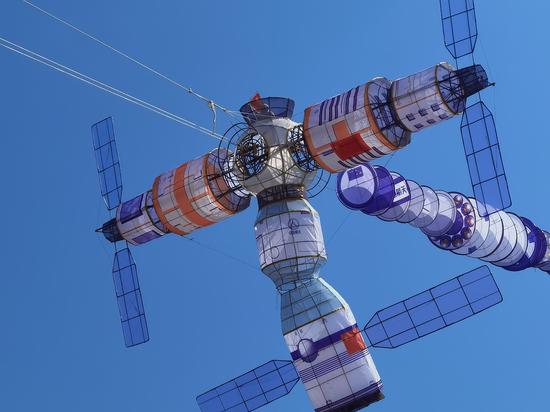
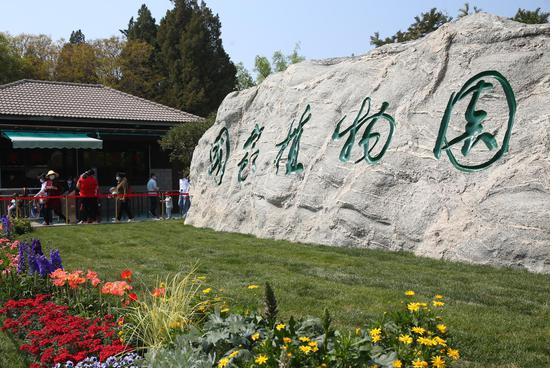
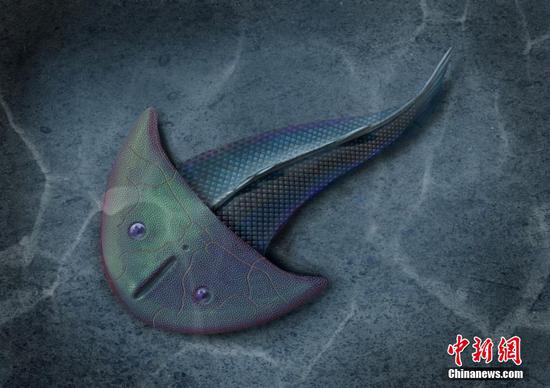

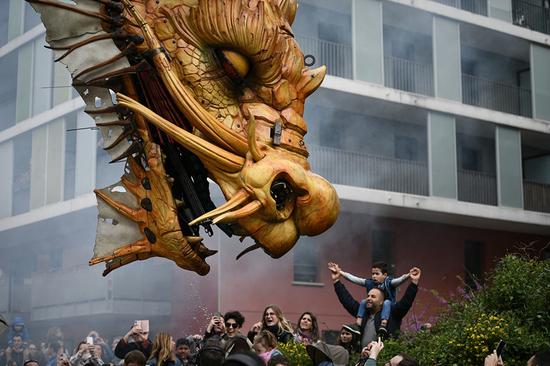
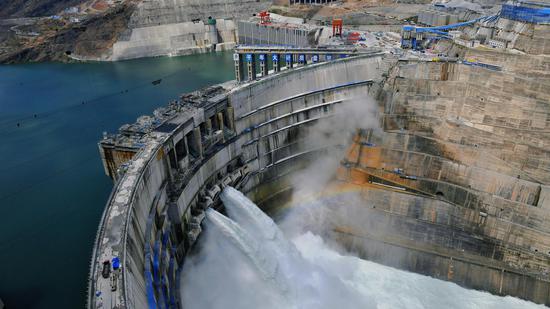
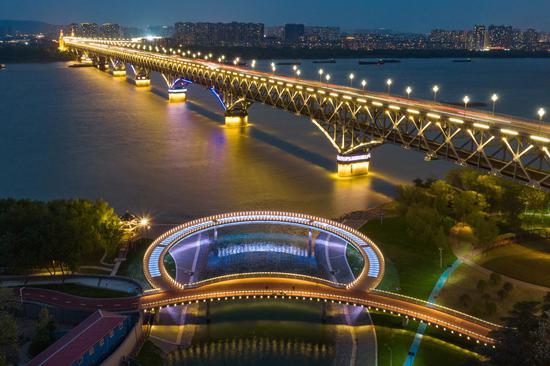

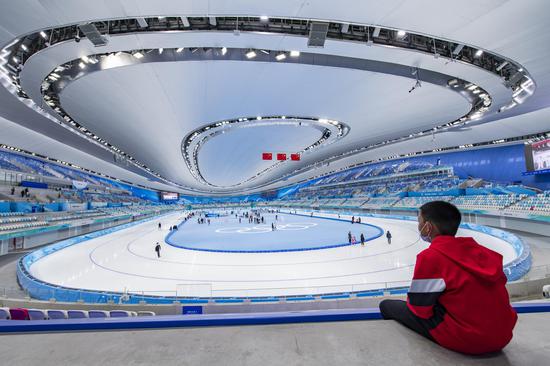
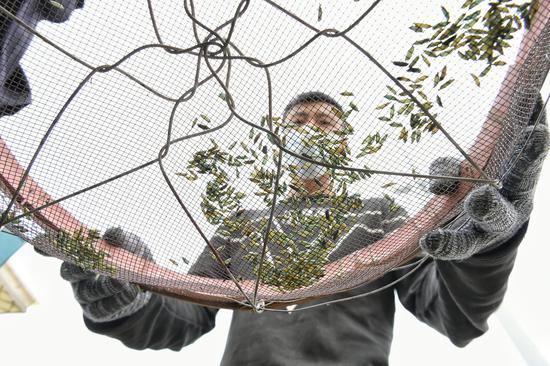
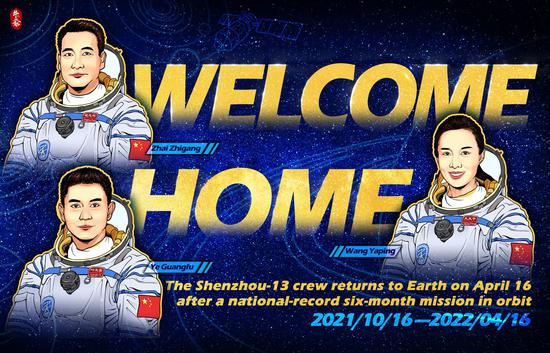


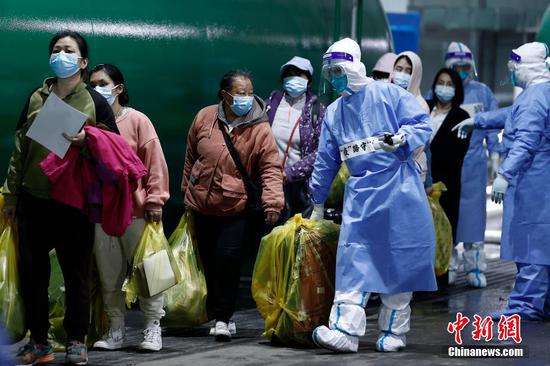
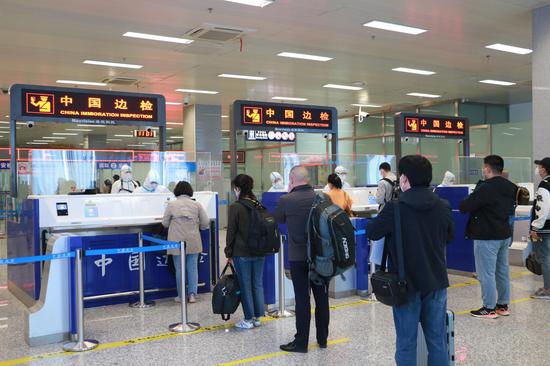
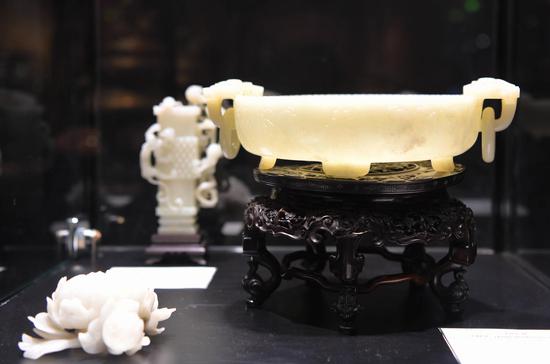
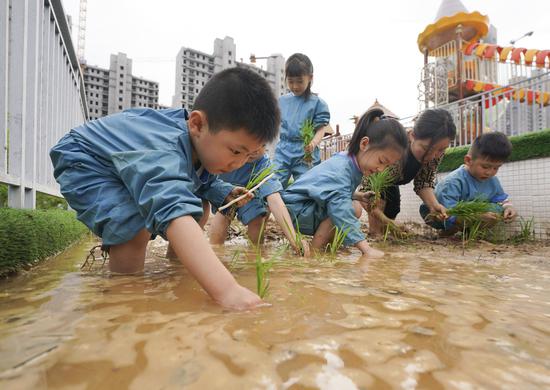
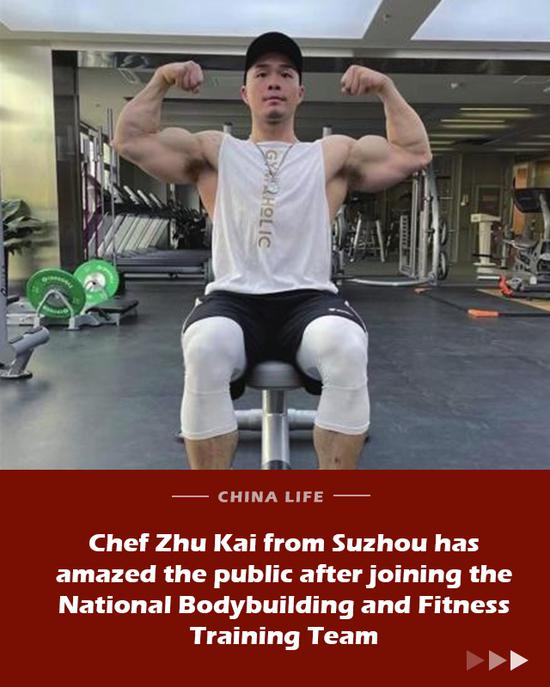

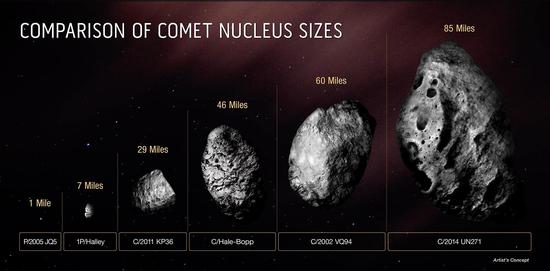
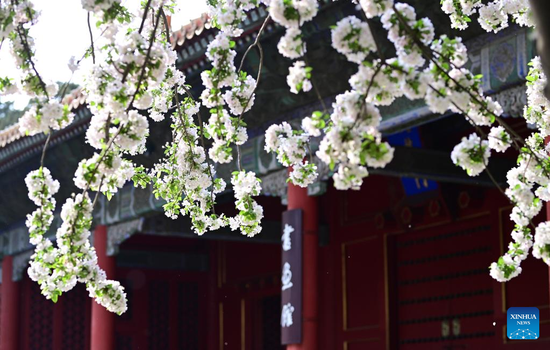
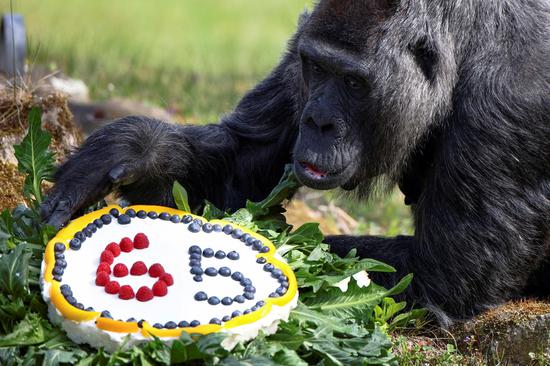

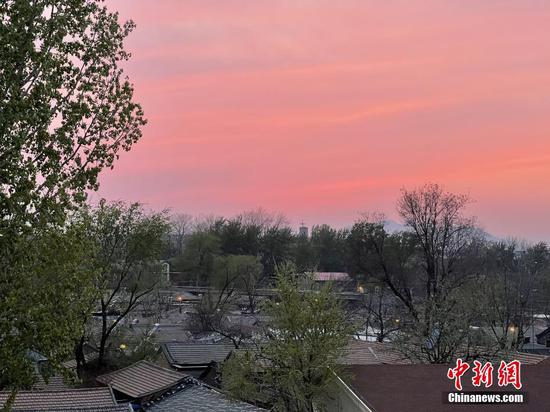
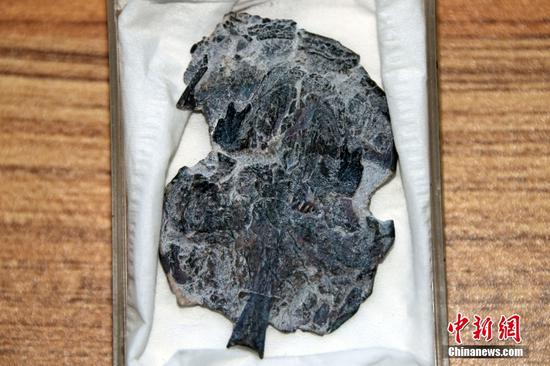
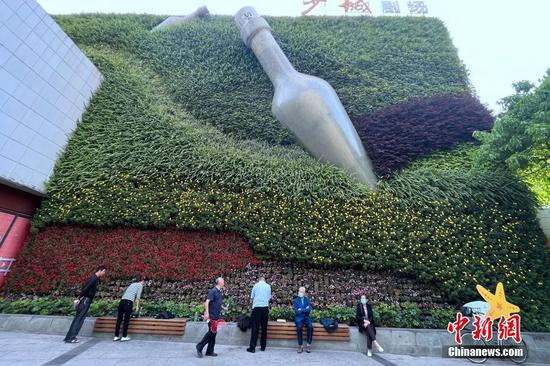

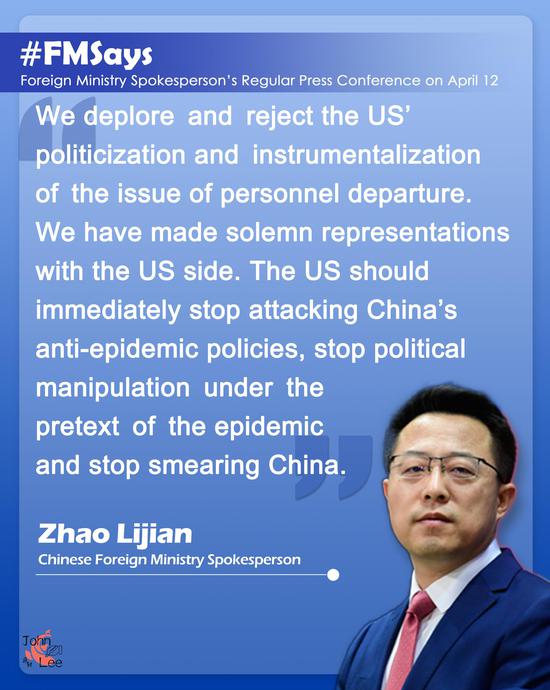
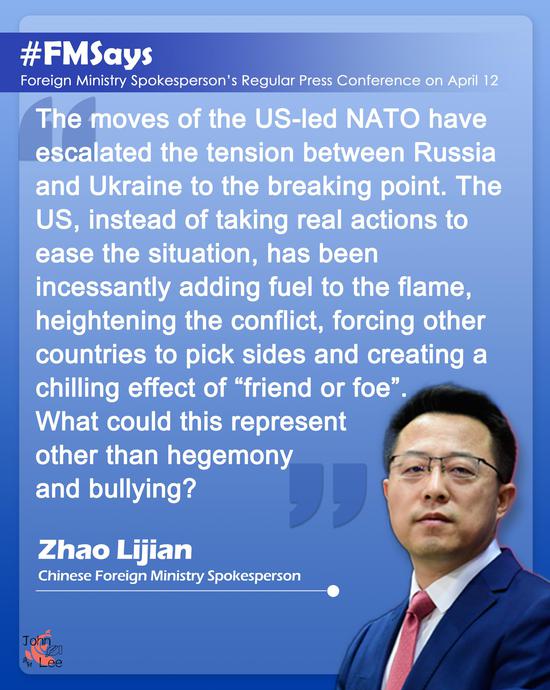
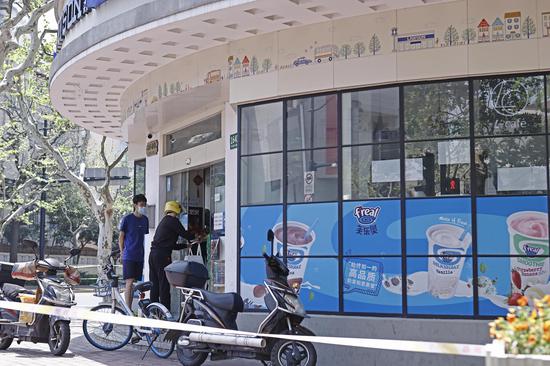


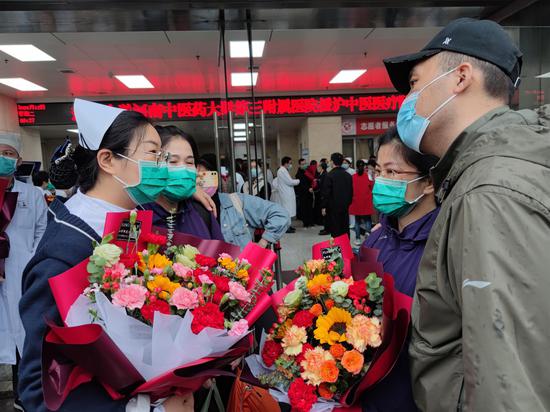
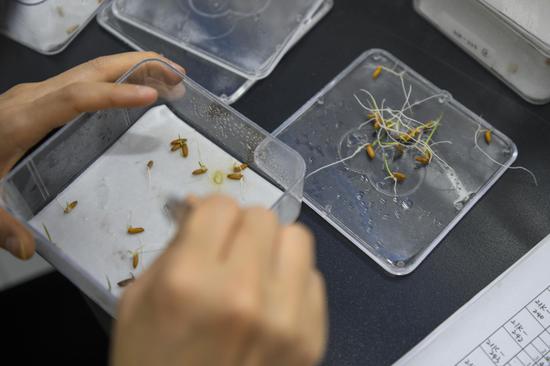








 京公网安备 11010202009201号
京公网安备 11010202009201号